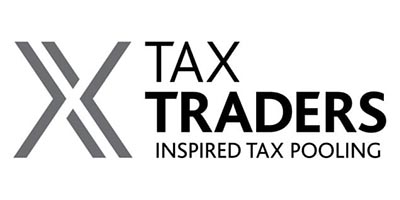New Zealand has various types of taxes. Some of these are widely known such as goods and services tax (GST) while taxes such as fringe benefit tax (FBT) might not be that popular. There are different ways in which IRD collects taxes for example employees pay PAYE at source via their employer rather than directly to IRD, however if they short pay this then they are required to pay the balance directly to the IRD when they do their tax returns.
Tax Types and Rates
Taxation for companies
| Company Tax (On profits) | 28% |
| Goods and Services Tax (GST) | 15% |
Taxes when employing people
| Pay as you earn (PAYE) | Varies depending on employee’s tax code |
| Fringe benefit tax (FBT) | Up to 49.25% |
| Employer superannuation contribution tax (ESTC) | Varies depending on individual annual income |
Tax for individuals
Individuals if employed pay their taxes under the PAYE system. Taxes are paid at source where the employer deducts taxes and pays it to the IRD. The employee receives net wages after deductions.
| Up to $14,000 | 10.5% |
| Over $14,000 and up to $48,000 | 17.5% |
| Over $48,000 and up to $70,000 | 30% |
| Remaining income over $70,000 | 33% |
Tax for Contractors
If you are a contractor preforming certain activities or working in certain industries, tax is deducted as schedular payments. The rate of schedular payments varies depending on activity. IRD publishes for IR330C, tax rate notification for contractors which contains schedular payment rates.
Other taxes
- Resident withholding tax (RWT) is paid on interest received from savings. Rate depends on the individuals marginal tax rate.
- Non resident withholding tax (NRWT) is same as RWT however applies to non-residents.
- ACC earners levy is paid by both employees and employers to cover the cost of anyone injured in New Zealand.
- Capital gains tax – New Zealand does not have a general capital gains tax but has a bright line test on property investment. This is taxes at the investors income tax rate.
Double Tax Agreements
New Zealand has double tax agreements with around 40 countries. These agreements help prevent double taxing income derived across an international border by unilaterally granting its residents credits for foreign tax paid on income that is also subject to New Zealand tax up to the amount of New Zealand tax liability on that income.
Summary
Tax is a complex area and above information is only a summary. If you have questions regarding your specific tax situation, please contact us.
This blog is part of our small business basic accounting and New Zealand tax series aimed to refresh your understanding of basic tax rules.







